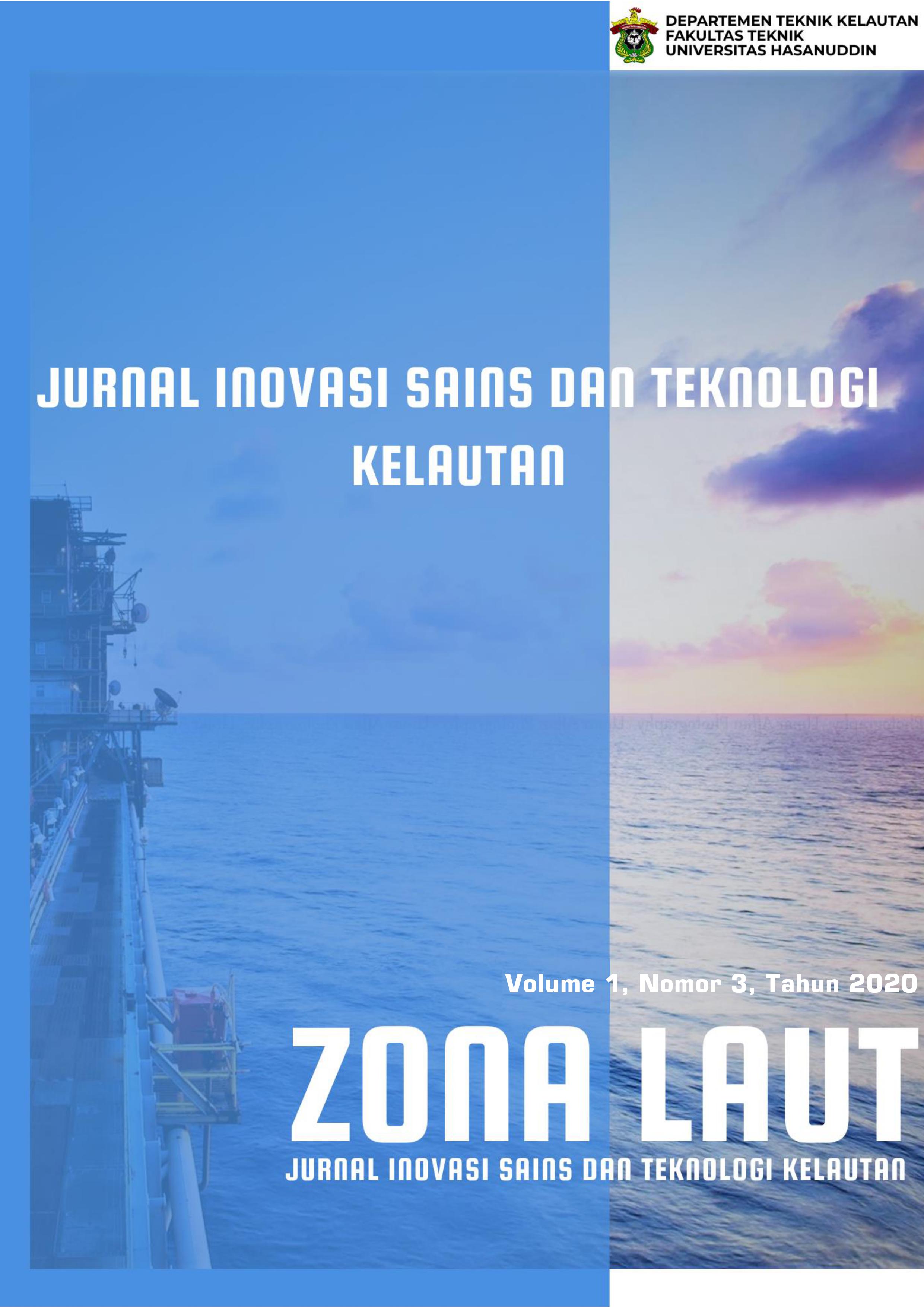Utilization of Ocean Current Energy in Awerange Bay as a Sustainable Alternative Energy Source
DOI:
https://doi.org/10.62012/zl.v1i3.12011Keywords:
Renewable Energy, Tides, Kobold Turbines.Abstract
Indonesia has a sea area of 96,079 km2 and a coastline of 99,093 km, making Indonesia has the potential to utilize the sea as a new and renewable energy source. However, the use of new and renewable energy has only reached 6.2% in 2015. One of the marine energies that can be utilized is ocean currents. Awerange Bay, located in South Sulawesi, is a point that has a source of marine energy and can be used as an environmentally friendly, sustainable renewable energy. The current velocity in the Awerange Bay area in low tide can reach 0.25 - 0.36 m / s. So it can be possible to use tidal energy using turbines. The Kobold turbines take advantage of currents from seawater in Awerange Bay. By using a bi-directional (two-way) turbine that moves the turbine clockwise or vice versa. Turbines that are installed horizontally on the seabed can convert the kinetic energy of the turbines into electrical energy during tides, making the turbines suitable for use as marine tidal power generation. As a sample based on the Ministry of Energy and Mineral Resources, current energy can produce 1.2 MW / turbine. The big advantage of bi-directional turbines is that the propeller blades do not need to be reversed when the flow direction changes. This makes for a robust design, less expensive to build, maintain, and a lower risk of breakage. Also two-way turbines on average produce twice the electrical energy that uni-directional turbines, which only function during tides or floods.Downloads
References
Adrianto, M.(2009). Studi Teknis Pemilihan Turbin Kobold pada Pembangkit Listrik Tenaga Arus Bawah Laut di Selat Madura. (Skripsi), FTK, ITS, Surabaya.
Dinochen, J., (2014). Ocean currents in Indonesia. Diakses 9 Desember 2018
Gil, S., (2009). (Environnement) Technologie Italienne Ponte di Archimede KOBOLD. Diakses 18 Desember 2018 dari https://gil-sun.skyrock.com/2723105456-environnement-technologie-italienne-ponte-di-archimede-KOBOLD.html
Nugraha, A. S., Rijanto, E., (2010). Ocean Current Energy Conversion System in Wallacea Region Using Variable Speed Control Approach. Journal of Mechatronics, Electrical Power, and Vehicular Technology, 1(1), 27-34.
Rachmat, B., Usman, E., dan Kusnida, D. (2012). Potensi Arus Laut dan Konversi Daya Listrik Sebagai Energi Baru Terbarukan di Perairan Palalawan dan Indragiri Hilir, Provinsi Riau. Jurnal Geologi Kelautan, 10(2), 69-80.
Togan, P., (2012). Perencanaan Sistem Penyimpanan Energi dengan Menggunakan Battery pada Pembangkit Listrik Tenaga Arus Laut (PLTAL) di Desa Ketapang, Kabupaten Lombok Timur, NTB. (Skripsi), Fakultas Teknologi Industri, ITS.Surabaya.
Downloads
Published
How to Cite
Issue
Section
License
Copyright (c) 2020 Zona Laut : Jurnal Inovasi dan Teknologi Kelautan

This work is licensed under a Creative Commons Attribution 4.0 International License.
Allow anyone to modify, improve, and make derivative works, even for commercial purposes, as long as they credit to you for the original work.





























